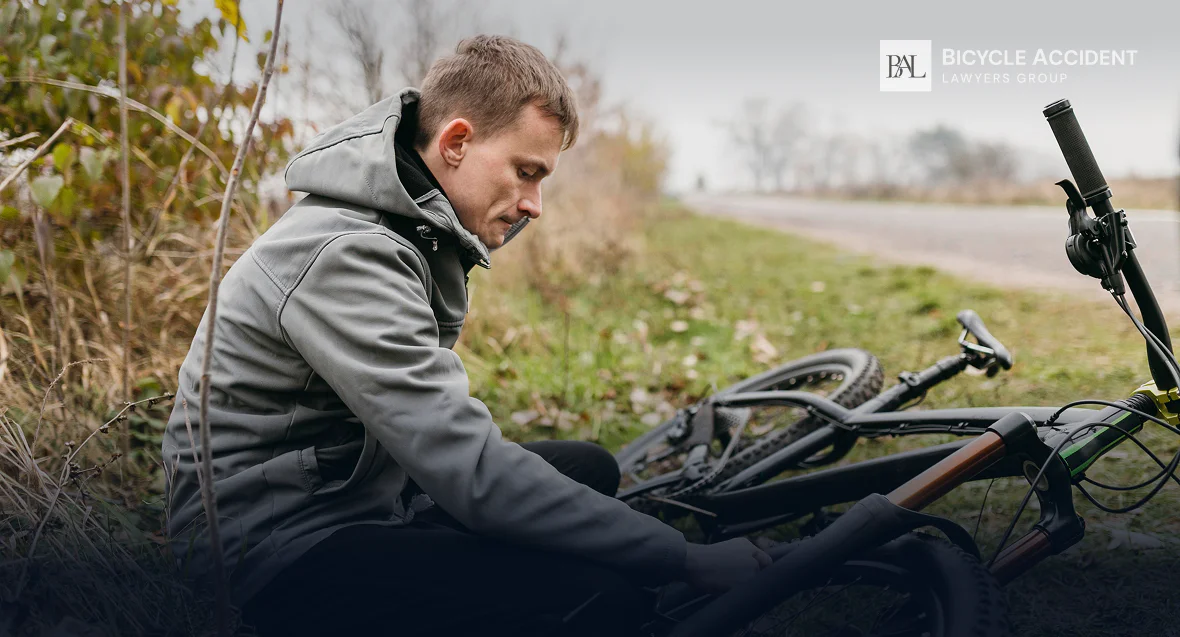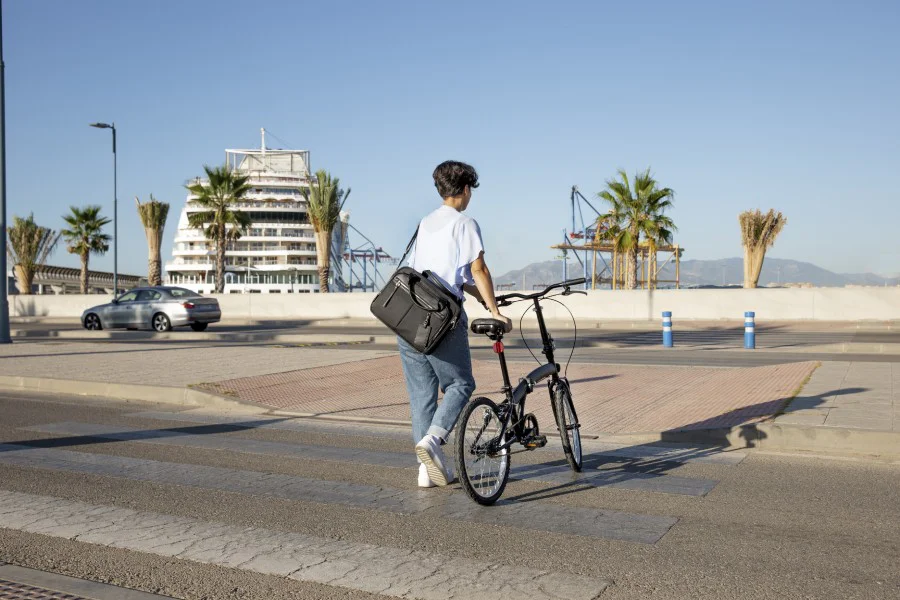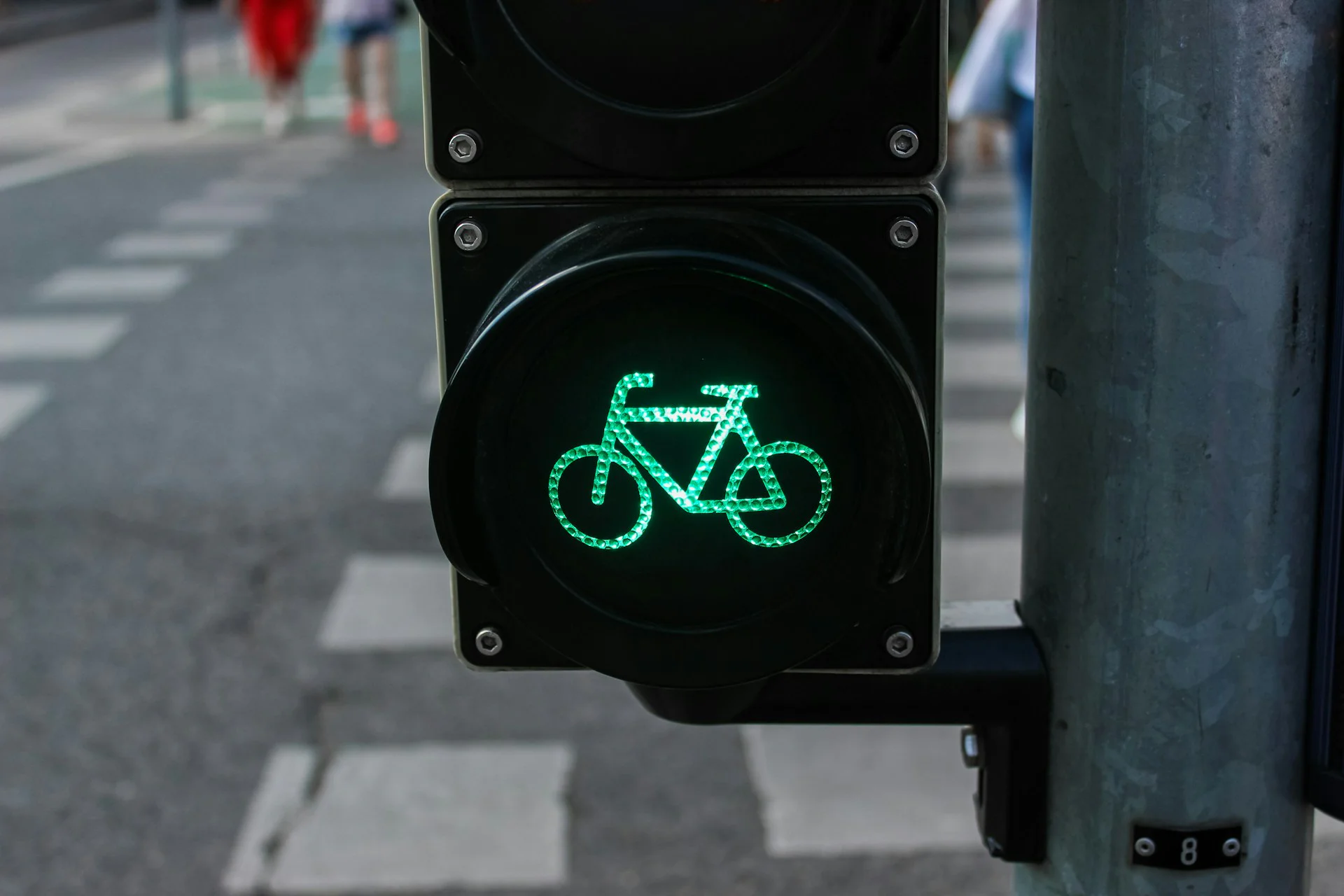Many cyclists in New York wonder, can you get a DUI on a bicycle? Under New York law, you can’t be charged with a DUI for riding a bicycle, as it isn’t a motor vehicle. Thus, the state’s DUI laws don’t directly apply to those pedaling under the influence of alcohol or drugs. Still, you can face legal consequences if you drive a bicycle while intoxicated.
Cyclists caught riding impaired can face New York bike fines, legal penalties, or misdemeanor charges, especially if they pose a danger to themselves or others. Besides, consequences can be even more severe if you’re already a past offender.
This article reviews the law, recent developments, and what to do if you’re stopped for biking under the influence in NYC.
- The Law on Drinking and Biking in New York
- Exceptions and Offenses When Cycling Intoxicated
- Recent Changes to New York DUI Rules
- How to Handle a DUI Stop While Riding a Bicycle
- Can You Get A DUI On An Electric Bike Or E-Bike In NYC?
- Risks of Bicycling While Under the Influence in New York City
- How Does Riding a Bicycle While Drunk in New York City Affect My Personal Injury Case?
- Injured While Biking in NYC? Get a Free Legal Consultation Today
- Get a FREE case evaluation today
The Law on Drinking and Biking in New York
According to New York traffic regulations, DUI (driving under the influence) applies to the drivers of motor vehicles impaired by alcohol or drugs. Usually, it involved having a blood alcohol concentration of 0.08% or higher. A traditional bicycle isn’t a motor vehicle. Thus, you can’t face DUI charges while riding a bike.
However, you can still face charges or penalties under other statutes. Police may issue charges for reckless or unsafe behavior, especially if intoxicated cycling endangers pedestrians, other cyclists, vehicles, or yourself. For example, these offenses may include disorderly conduct, endangerment, or obstruction of traffic. While these charges don’t foresee the same penalties as driving under the influence cases, they can lead to citations, arrests, and criminal charges.
Cyclists must comply with the same traffic rules as other road users. If you run a red light, ride a bike on sidewalk, ride against traffic, or cause a bicycle accident, you would be legally responsible, even if you weren’t driving a car.
Exceptions and Offenses When Cycling Intoxicated
New York has laws around public intoxication, negligent behavior, and reckless riding for cyclists as well. In some cases, the cyclist may face misdemeanor charges under different provisions, especially if a bicycle accident results in injuries to another person or property damage. Thus, you should understand your rights clearly and know that state DUI rules may still apply.
While you can’t get DUI charges for riding a bicycle under the influence of alcohol or drugs in New York, it can still result in an authority’s intervention. This can result in additional charges, minor punishment, or more severe consequences if the situation caused injuries or repeats itself.
Recent Changes to New York DUI Rules
NYC authorities regularly update DUI regulations to address related behavior and enhance public safety. For example, Abigail’s law forbids an intoxicated person from supervising a learning driver. The regulation treats this act as a serious offense that may result in DUI charges.
Other bills foresee stricter penalties for repeat offenders, such as long-term supervision or even vehicle forfeiture. In particular, Assembly Bill A1752 aims to prevent individuals with multiple DUI-related convictions from regaining their driving licenses. These updates reflect a broader effort to strengthen enforcement and reduce repeat offenses under state DUI regulations.
How to Handle a DUI Stop While Riding a Bicycle
Being stopped by a police officer while riding a bicycle while impaired can be a challenging experience. You should know your rights and what to do after a bicycle accident in New York. While New York does not treat bicycles the same as motor vehicles under DUI regulations, law enforcement still has the authority to detain or cite cyclists who appear impaired or behave recklessly. How you respond in these situations can influence the outcome.
These steps can help you protect yourself legally:
- Stay calm and cooperative. Avoid confrontation with police or erratic behavior. Cooperate with police and remain polite during all interactions.
- Provide identification. Refusing to identify yourself can escalate the situation. Present ID if asked.
- Avoid making statements. You have the right to remain silent. Avoid admitting to drinking, as your words can be used as evidence in the accident case.
- Don’t resist or flee. Attempting to ride away or resist may lead to additional charges.
- Understand potential charges. While you may not face a DUI, you can still face penalties or fees.
- Take note of the situation. Record the date, location, and badge number if possible.
- Call an experienced bicycle accident lawyer. Legal attorneys can help you understand your rights, fight the charges, and reduce penalties. Remember to provide a lawyer with all details of the accident: the time and location of the incident, any interaction with law enforcement, if you were attempting to ride on a highway or in another restricted zone, etc.
Can You Get A DUI On An Electric Bike Or E-Bike In NYC?
Electric bikes, or e-bikes, fall into a different legal category than traditional bicycles. They are classified as motorized vehicles and should comply with different regulations. Thus, riders may be subject to DUI laws if they operate the bicycle while intoxicated.
Under New York law, DUI charges cover e-bikes that exceed 25 mph or operate without pedal assistance. This also foresees more stringent motor vehicle regulations, including penalties, charges, and even license suspension.
Classifications of e-bikes can vary. Thus, it’s important to verify regulations for your specific model. Check the DMV guidelines or consult an experienced lawyer for help.
Risks of Bicycling While Under the Influence in New York City
Riding a bicycle under the influence in NYC can create a range of safety concerns. Though they don’t carry the same legal weight as a DUI involving a motor vehicle, you may still face some issues. The usage of alcohol or drugs can affect your ability to ride safely and predictably. It can result in poor safety for you and other traffic participants.
Some of the most common risks include
- Slower reaction times can affect your ability to respond to changes in traffic or road conditions.
- Reduced visibility makes it harder to notice signals, pedestrians, or vehicles.
- Poor balance, which increases the risk of falling or veering into traffic.
- Impaired decision-making, such as making an unsafe turn or misjudging distance.
- Failure to obey traffic signals due to distraction conclusion.
These factors don’t affect just the cyclist. They can also increase the likelihood of bicycle accidents with other road users, especially in high-traffic areas like Manhattan or Brooklyn.
In fact, there are a lot of cyclist injuries and fatalities in NYC due to bicycle accidents. Learn more about the 50 cyclists fatalities in New York and how you can protect yourself.
How Does Riding a Bicycle While Drunk in New York City Affect My Personal Injury Case?
Riding a bicycle while under the influence can negatively impact your personal injury claim. Even if you’re the victim in a crash, your intoxication can be used against you under New York’s comparative negligence law. This allows courts and insurers to reduce your compensation, reflecting the share of your fault in the bicycle accident.
For instance, if a car hit you while you had been drinking, the opposing party’s attorney can argue that your impaired judgment, slower reaction time, or failure to obey traffic signals led to the bicycle accident. Even with clear negligence on the part of the driver, your blood alcohol concentration can become a major point in the case and minimize the other party’s liability. This can result in a significant reduction in compensation for medical bills, lost income, and pain and suffering.
Worse yet, in case of reckless behavior, insurance adjusters may claim your reckless actions were the primary cause of the bicycle accident, which can result in a full denial of your claim.
To defend your rights and limit exposure, consult a New York bicycle accident lawyer immediately after the incident.
Injured While Biking in NYC? Get a Free Legal Consultation Today
Doesn’t matter if you had a drink or not beforehand. In case of a bicycle accident in New York, you need clear legal guidance from experienced lawyers who understand New York bike laws.
At Bicycle Accident Lawyers Group, we specialize in protecting cyclists from unfair treatment and helping them recover compensation. Our team of experienced attorneys is ready to review your case for free and provide honest, professional advice.
Don’t let a mistake, false accusation, or public intoxication charge affect your future. Contact our team today for a free, no-obligation consultation.
Are there specific laws in NYC regarding cycling under the influence?
Yes. While New York’s DUI regulations apply to motor vehicles, cyclists riding under the influence can still face charges like dangerous driving or intoxication in public. Police officers may detain intoxicated cyclists if their behavior threatens public safety or violates traffic laws.
What are the penalties for a DUI on a bicycle in New York?
Each case depends on the circumstances and the discretion of the police. For example, you may face fines, charges, or arrest for actions like reckless behavior, blocking traffic, or endangering others.
Can you be arrested for biking drunk in NYC?
Yes, you can be arrested for riding a bicycle while drunk. Especially if your behavior is erratic or unsafe. In this case, you can be charged and face potential legal trouble, depending on how the incident unfolds.
If you’re a cyclist who has been in an accident, call today for a free initial consult about your legal claim. We’re here to help with your legal questions. Contact our law firm for coast-to-coast bike accident and personal injury representation.







